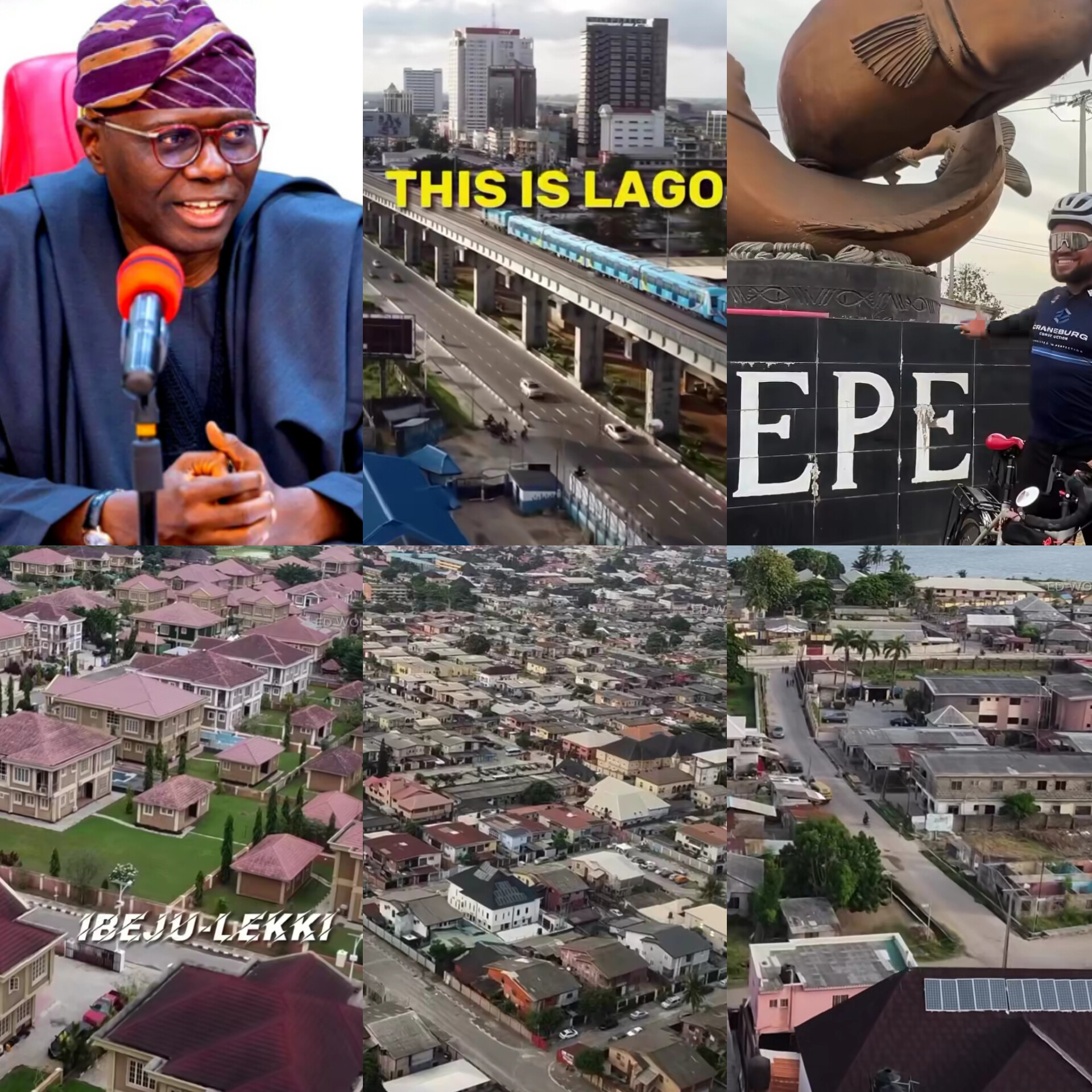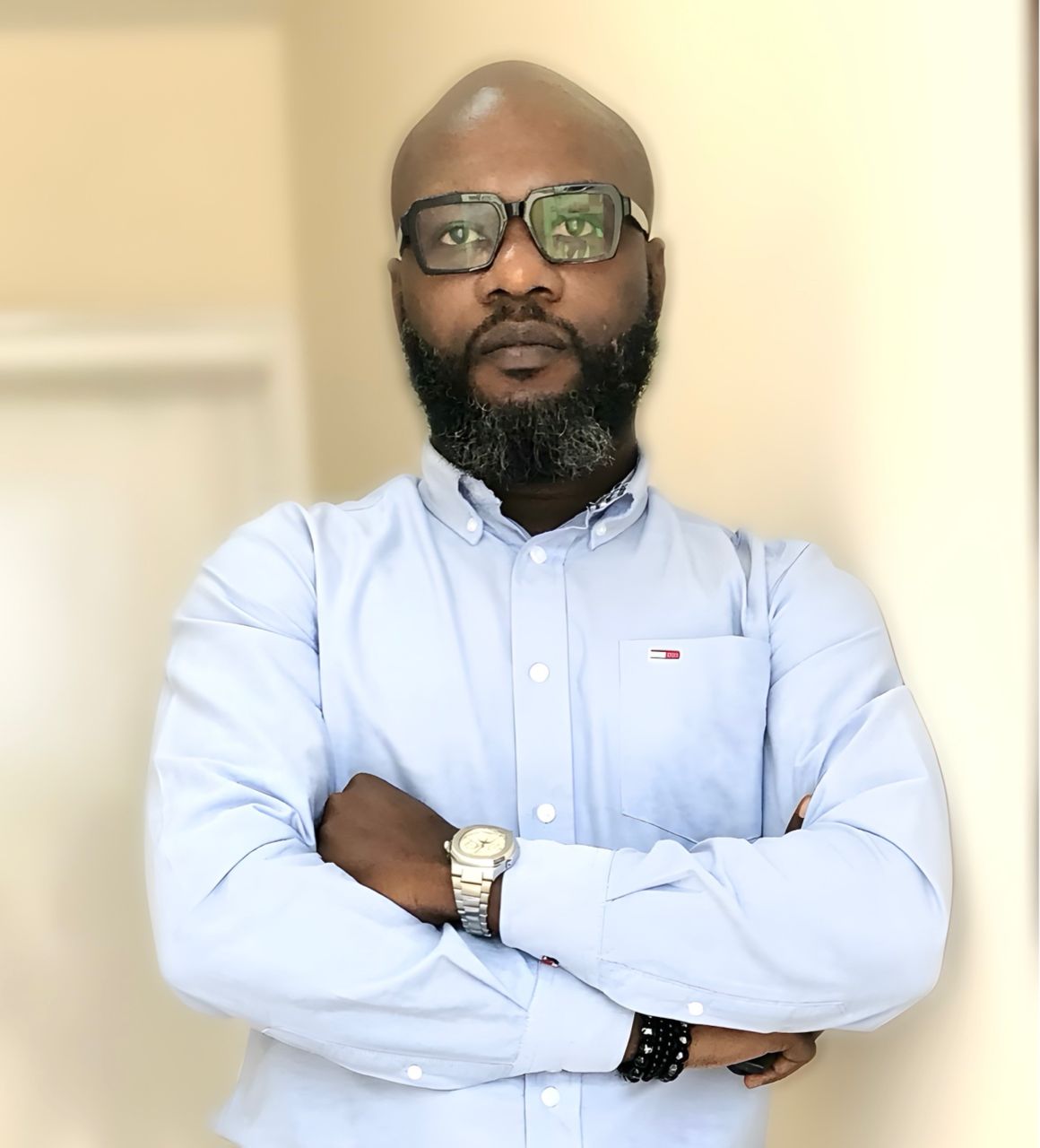Lagos’ Name-Swap Politics: When Street Signs Become Tools of Division. By Chidi Ekeh

Lagos’ Name-Swap Politics: When Street Signs Become Tools of Division

In Lagos today, history is being rewritten—one bus stop, one street sign at a time. The latest wave of renamings by the Lagos State Government might appear cosmetic on the surface, but the subtext is unmistakable: a deliberate sidelining of Igbo identity in Nigeria’s commercial capital.
Take, for instance, the now-infamous Charly Boy Bus Stop. Once named in honor of the flamboyant Igbo icon and activist, it has been rebaptized as “Baddo Bus Stop,” after Yoruba rap sensation Olamide. Ifeanyi Street, another marker of Igbo presence, has been replaced with a Yoruba music star’s name. Bariga Road now carries the title of “Bola Ahmed Tinubu Way,” ensuring that the President’s influence extends even to the smallest corners of the city.

These are not mere “updates.” They represent a troubling trend: erasing contributions of non-Yorubas from Lagos’s public memory while consolidating a narrow ethnic narrative.
Lagos: A City Built by Many, Not One
To appreciate the absurdity, one must revisit Lagos’s history. Known as “Eko” since the 15th century, the city welcomed Portuguese traders, endured British annexation in 1861, and blossomed into Nigeria’s heartbeat by the 20th century. It became the meeting ground of Nigeria’s ethnic mosaic—Yorubas, Igbos, Hausas, and others—whose collective efforts built an economic powerhouse that today contributes over 30% of the nation’s GDP.

It was here that Herbert Macaulay, of Yoruba roots, and Nnamdi Azikiwe, the fiery Igbo nationalist, charted Nigeria’s course to independence. Migrants from across the federation poured in after 1960, weaving Lagos into a tapestry of cultures that survived even the scars of the Biafran War.
Against that backdrop, the present renamings look less like development and more like erasure.
The Politics Behind the Signs
At the heart of these changes lies politics. Under Governor Babajide Sanwo-Olu and the APC machinery of President Tinubu, Lagos politics is often less about policies and more about ethnic arithmetic. The 2023 elections offered a painful reminder: reports of thugs intimidating voters labeled “non-indigenes”—chiefly Igbos—while chanting “Lagos is Yoruba land.”
The street renamings are, in effect, the institutional continuation of that same exclusion. They send a message: Igbo names, Igbo votes, and Igbo presence are unwelcome.
Human rights lawyer Monday Ubani has described the move as “tribalistic, divisive, and dangerously unpatriotic.” Activist Omoyele Sowore calls it “a creeping form of authoritarianism masked as civic order,” while Femi Falana insists the actions are illegal, violating constitutional provisions that reserve such powers for local governments. Even within APC’s own ranks, Senator Babafemi Ojudu warns that such measures only stoke resentment and deepen divisions already worsened by the last election cycle.
The Dangerous Precedent
If unchecked, Lagos’s renaming spree could set a precedent across Nigeria. Imagine Abuja’s streets rechristened solely after northern emirs, or Port Harcourt’s roads dedicated exclusively to Igbo chiefs. A nation already fragile would find itself fractured further, one signpost at a time.
This is not about honoring icons. It is about drawing ethnic boundaries in public spaces, a subtle form of disenfranchisement by signage. For non-Yoruba residents, the message is chilling: you are only guests here—do not get too comfortable.
A Call for Reflection
Nigeria is still haunted by the ghosts of Biafra, and actions like these are akin to tossing matches into a tinderbox. As the saying goes, “Memory has no bus stop.” Yet the Lagos government seems intent on rerouting collective memory towards division.
Lagosians—and Nigerians at large—must reject this politics of exclusion. Demand public consultation. Demand constitutional compliance. Demand that diversity be celebrated, not erased.
If leaders are intent on renaming, perhaps they should be candid and call it what it is: Tinubu’s Tribal Toll Road. At least then, everyone will know who is paying the price for this warped idea of “unity.”
Otherwise, the legacy left behind may not be a stronger Nigeria, but a balkanized federation—the Divided States of APC.




